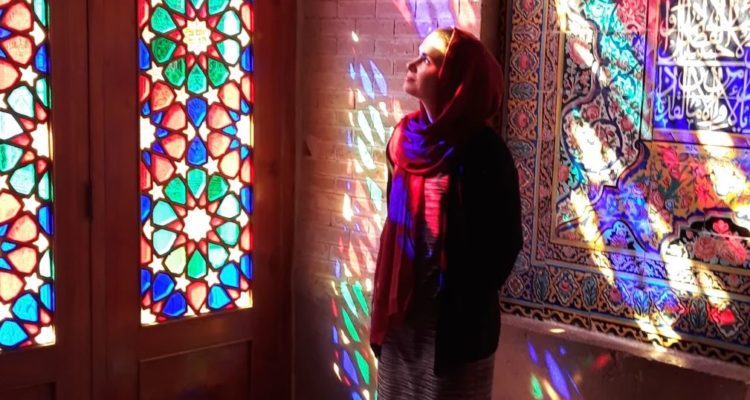To prisoners, the sky is the only free thing: they can look up beyond the confining walls and see the expanse that stretches past their cage into the unattainable life outside.
It’s a perception often found among the reflections of those who escape to tell their tale: Michelle Knight spoke of seeing the sky beyond the rooms where she and two other girls were held captive by a suburban psychopath for years. Jacob Rosenberg wrote of a small green plant that he saw yearning from the damp wall towards the feeble light of a high window in the concentration camp where the Nazis had him. And here, in her memoir of being kidnapped and held by the Iranian government on trumped-up charges, Kylie Moore-Gilbert writes of being scolded by the guard for lying down in the tiny exercise yard.
She wanted to see the birds wheeling freely above her, so instead of walking obediently, she continued to lie there, looking upwards to help her own sanity with the truth that some things were still free.
As an academic specialising in Islamic studies, she attended a conference in Iran and was arrested at Teheran airport as she was returning to Australia. Accused of being a spy, ostensibly because her husband was an Israeli citizen, she was sentenced to 10 years by one of Iran’s most notorious judges. The carrot dangled before her was freedom to return home, but the price demanded was that she should use her academic role as a Middle Eastern expert to spy for the Iranian government.
Read the article by Juliette Hughes in The Sydney Morning Herald.

